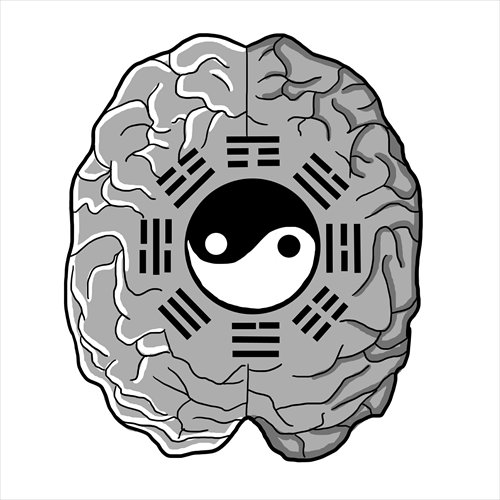Daoist thought can help balance soft power push

Illustration: Sun Ying
The Confucius Institute has now been established for eight years, and there is a new global wave of interest in studying Putonghua. Nowadays, Chinese society realizes the cultural power of Confucianism, and Confucius' name constantly comes up in the context of Chinese culture.
But this is an imbalanced view. Chinese culture includes not only Confucianism, which focuses on human relationships, but also Daoism, which considers nature at the center, and many other philosophies. Unfortunately, the present state of Chinese classics puts undue emphasis on Confucianism, but Confucianism is not the only ideology within this nation.
The European Renaissance did not promote a single philosopher like Aristotle or Plato. China's Confucius Institute should not be an institute solely for Confucian studies, just as the Goethe-Institut or the Instituto Cervantes do not solely concentrate on these writers. Chinese culture can embrace Confucianism, but this is not the only Chinese philosophy.
In the modern sound and fury, we should quietly listen to the footsteps of ancient philosophers. We should rediscover our ancestors' wisdom of serenity, health and longevity. Ancient Chinese scholars had ambitions to pacify the world, but they did not only have worldly ideas. Our ancestors spent a lot of time appreciating the beauty of nature and culture. They continuously readjusted their positions in the world, and thought about their physical and mental lives.
This is the result of the harmonious combination of Confucianism and Daoism. Confucians want to manage the family, state, and world, while Daoists take the health of self and harmony with nature as their major job. The modern world has plenty of material things, and at the same time, people are burdened by work, children, and materials.
Daoist philosophy has numerous modern applications. Modern people can find a lot of relevance from its ideas about protecting nature, promoting mental health, criticism of materialism, promotion of a low-carbon economy, respect for women, and so on. All of these can form the basis of China's new renaissance and inspire Westerners to do their part as well, waking up the world from the nightmare of economic and spiritual crisis.
Daoism should have a broad market in the modern world. It echoes many contemporary ideas, such as environmentalism, feminism, economic justice, but with profound lessons that can be accepted in modern society.
To promote Daoism, it is not enough to translate and annotate the Daodejing (Tao Te Ching), the first lines of which remind "The dao that can be told is not the eternal dao." So Lao Zi, the semi-mythical founder of Daoism, did not believe language is the only vehicle of communication. The key of cross-cultural communication is to speak other people's languages. When we export Chinese culture to the world, we should do this in a more universal language or non-language expressions.
For instance, my class on Daoism is always one of the largest at the Carleton College. I think the main reason why the class is so popular is that the lectures are supported by blackboard drawings, meditation, and tai chi. Lectures only take up half of the class time, while the rest is practical activities.
As Chinese martial arts used to be practiced and performed in the streets in ancient times, there is a saying that "It is a bad performance if the masters only talk and don't perform, it is a silly performance if they perform but don't talk, and it is a real performance if they both talk and perform."
The connections between the East and West may be more easily made with the soft power of cultural connections than the hard power of force. As Lao Zi wisely said, "the soft always defeats the hard."
The author is chair of Department of Asian Languages and Literatures at Carleton College. opinion@globaltimes.com.cn